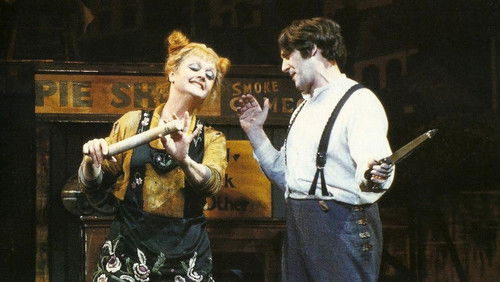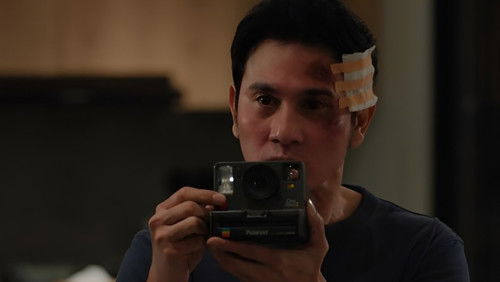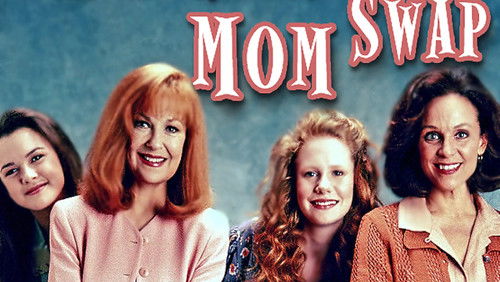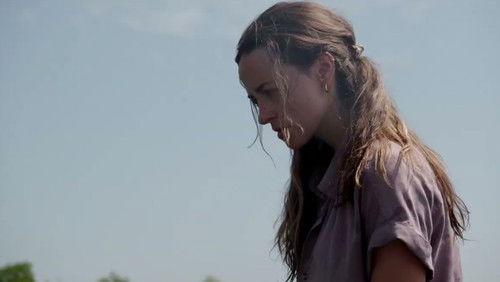A Reckless Rover (Short 1918)
43KA Reckless Rover (Short 1918). 14m
“In one sense, u0026quot;A Reckless Roveru0026quot; is a generic silent slapstick short, including lots of knockabout in a Chinese laundry, a bit of a chase and broad action the equivalent of the Keystone Kops. Thereu0026#39;s little thatu0026#39;s generic in its casting of African Americans on the screen in the early history of cinema, though, which also opens the picture to accusations of perpetuating negative racial stereotypes. Indeed, in its day, the Chicago Defender paper led a boycott against the studio behind this film, the Ebony Film Company, for this very reason–leading to to its closure the subsequent year. It is one thing for Mack Sennett to portray the original, white Keystone Kops as buffoons, for instance, because whiteness was always ubiquitous on screen (and in society at large) and so their portrayal may be seen as nonracial, whereas the caricatures of u0026quot;A Reckless Roveru0026quot; may be defined by their race and, thus, become concerning for their representation of African Americans.u003cbr/u003eu003cbr/u003eOf course, today, this is largely an academic issue, as the film is presented within the context of the u0026quot;Pioneers of African-American Cinemau0026quot; set, for which it may be studied for historical interest. One can imagine the case being different in 1918, however, with the void this sort of rather unflattering portrayal filled in the representation of African Americans starring on screen, including the doubled caricatures in the intertitle art. Thatu0026#39;s not the only politically-incorrect feature of this film, though. The Chinese laundry owner is obviously played by an actor who is not Chinese, and the main character, besides being portrayed as lazy and incompetent at just about everything except making trouble, also forcibly kisses a female customer several times. Even the gag of him smoking opium seems weird instead of amusing.u003cbr/u003eu003cbr/u003eAlso of note here is the severe decomposition of the surviving nitrate print in the beginning of the film, although most of the picture remains in good shape. Another short from the Ebony company in this set, u0026quot;Mercy, the Mummy Mumbledu0026quot; (1918) is in worse condition, although, there, with the narrative focus on a preserved corpse, the decomposition seems unintentionally apt. Additionally, thereu0026#39;s a poster in one shot of u0026quot;A Reckless Roveru0026quot; advertising D.W. Griffithu0026#39;s film u0026quot;Hearts of the Worldu0026quot; (1918) appearing at an Olympic Theatre. Itu0026#39;s little wonder the studio soon folded when, coinciding with their attempts to appeal to African-American movie-goers, the filmmaker they decide to casually associate their film with visually is the man behind the racist epic u0026quot;The Birth of a Nationu0026quot; (1915). Talk about reckless.”









